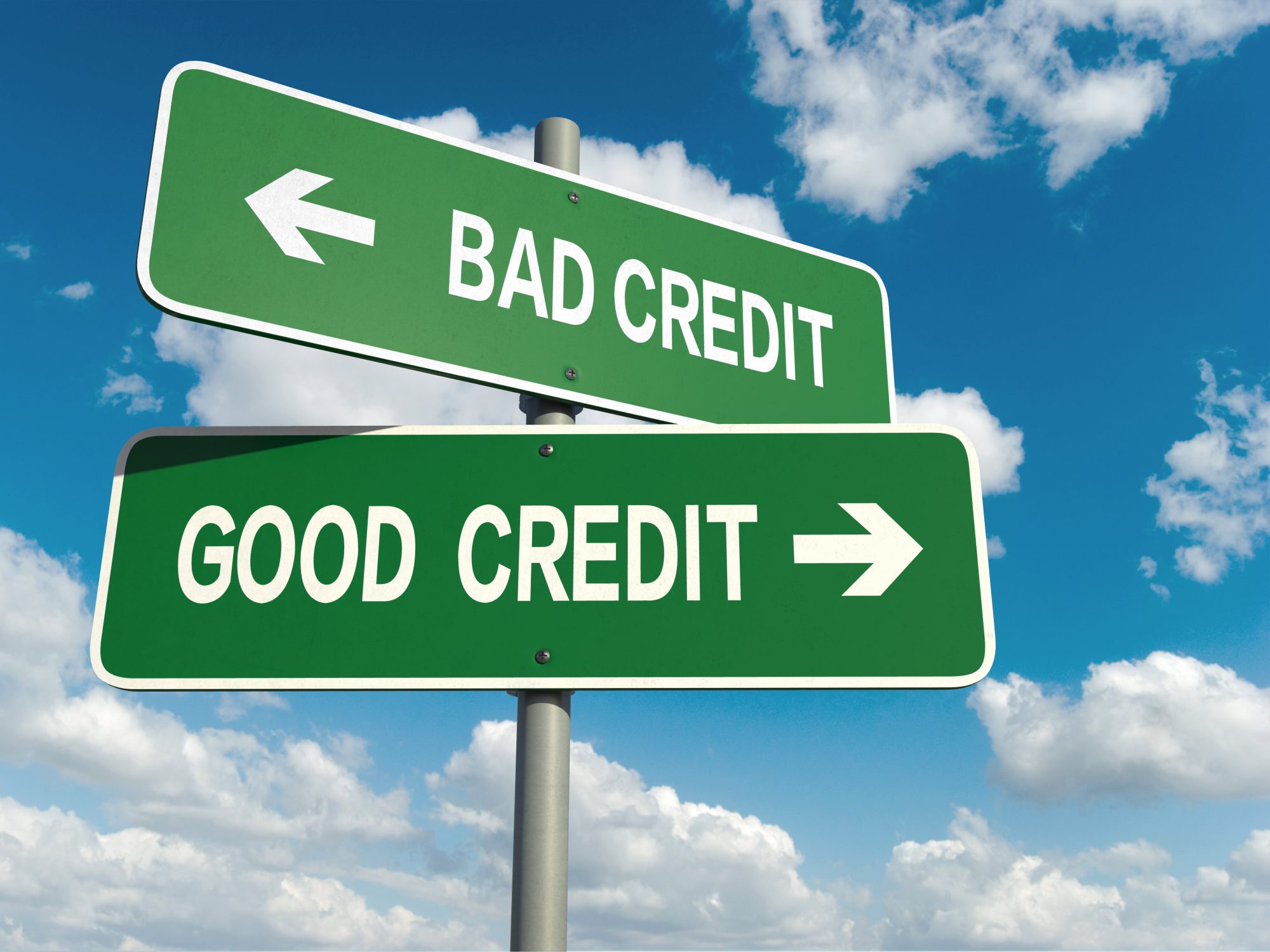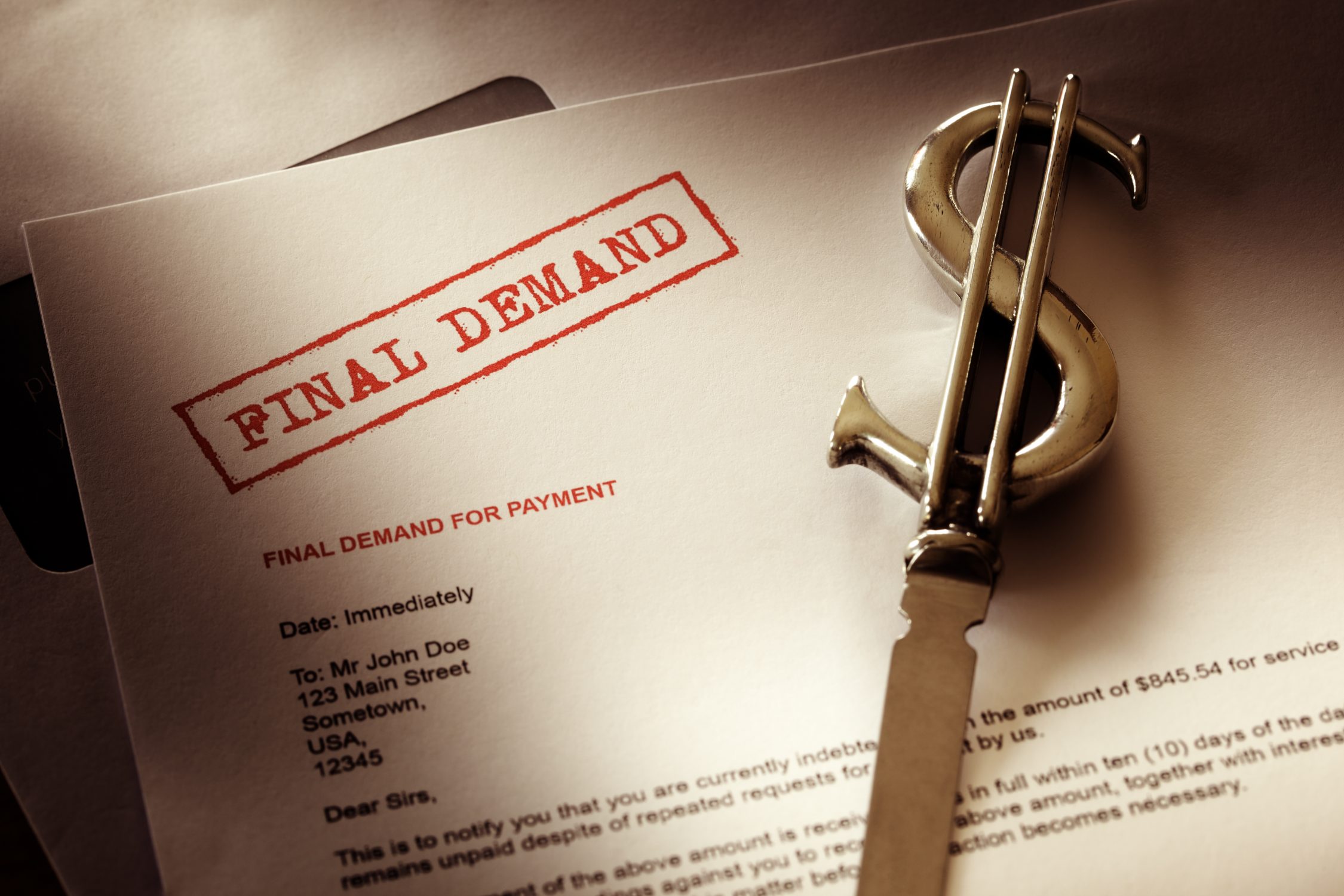Remember when you signed your student loan documents a few months, or years ago? Chances are, you weren’t even thinking about student loan default at that time. But a lot of the paperwork you reviewed had to do with the moment when you stopped paying off your debt.
In general, you can find yourself in student loan default if you’ve missed about nine months of payments, experts say. But if you have a private loan, different rules might apply (and that’s why keeping your loan documents is so important).
If you’ve defaulted, you’re not alone. For example, more than 1 million people who took out direct loan products to cover tuition went into default between 2018 and 2019, researchers say.
But just because student loan default is common, that doesn’t make it ideal. Skipping all those payments comes with significant consequences. Some could stick with you for the rest of your life.
What Happens When You Default?
Your loan processor knows when you’re not making your payments. Before you default, the organization may reach out to you to ask when you plan on making the next payment. Do nothing, and the consequences will begin. 
Default on a federal student loan, says the U.S. Department of Education, and these are a few consequences to expect:
- A hefty bill: Your entire loan balance is due right now. If you thought paying a monthly fee was overwhelming, wait until you’re asked to pay everything at once.
- Fewer loan options: You can’t ask for a new loan to help you pay for school. If you don’t yet have your degree, this could end your chances of getting one.
- Plummeting credit rating: You’ll have a deep, black mark on your credit report. Getting a loan, a new apartment, or some jobs could be tougher due to reporting from credit bureaus.
- Less money: The government can garnish, or seize, some of your salary, your tax refunds, your Social Security benefits, and more.
- Fewer options: Before student loan default, you have the chance to work with your debtors on payment plans that work for you. After default, all those options go away.
The penalties don’t stop there. Experts say the government can also revoke some professional licenses. That could keep you from working and earning enough money to pay off any debt.
Private student loans are a little different, authorities on the topic say. Banks, credit unions, and similar private loan holders can’t grab your tax refunds or dip into your Social Security benefits, for example. But they can send you to court for wage garnishment. In some states, researchers say, they can seize your property too. And depending on your loan documents, they can charge you all sorts of fees.
You may look over this list and smirk. Perhaps you don’t care if you can’t borrow more or if you have a black mark on a credit report. These might seem like small problems when compared to facing financial ruin from hefty bills.
Keep in mind that there is no timeline on collections. Weeks, months, or even decades later, that debt will stick with you. And at any moment, you could be called to pay back what you owe. Ignoring the problem isn’t smart. You’ll need to get proactive and do something before you hit the default deadline.
How Do Student Loan Providers Get You to Pay?
Imagine that you don’t have a job, and you don’t get a tax return. There’s no way for anyone to garnish your wages or take money before it hits your bank account. Think you’re safe? Think again.
Both the federal government and private lenders can hire collection companies to get their money from your defaulted loan. While they set up the contracts with these agencies, you’ll be the one who pays.
Collection costs will vary but for Perkins loans, you’ll pay as much as 40% of your loan balance in fees. That’s added on to the student loan debt you already owe.
Collection agencies aren’t polite, and they’re certainly pushy. If you’re sent to collections, expect:
- Multiple calls. They’ll reach out at all hours, hoping to catch you and entice you to pay.
- Letters. You’ll see threatening mail with eye-popping balances listed.
- Text messages. You’ll see notes about what you owe and what should happen flash across your phone screen.

It’s not uncommon to feel threatened by these tactics. Even when the organizations are doing their jobs properly and by the book, they’re calling and writing and texting all the time. It’s not just annoying. It can be overwhelming.
What Can You Do to Avoid Default?
No one dreams about defaulting on student loans. The consequences are nasty, and the impact is long-lasting. That’s why it’s wise to ask for help from your loan servicer long before you miss that last payment.
You have options, if you have a federal loan. You can consider:
- Income-driven repayment plans. You’ll pay as little as 10% of your discretionary income every month. You’ll pay that amount every month for 20 to 25 years, depending on the plan. And here’s the best part: After the specified time period, your loan balance is forgiven.
- Deferment. If you meet basic requirements, such as still attending school or struggling to find a job, you can halt your payments. This could give you time to get your financial house in order, so you can start making your payments as agreed.
- Forbearance. If you are temporarily unable to make your loan payments because you’re sick, you’ve switched jobs, you’re in school, you’re in active duty, or you’re experiencing financial difficulties, you can hold off your payments for a time. Some forbearance types are mandatory, so any loan servicer has to hand them out. But others are up to your loan provider.
If you have a private loan, you may have fewer options. But you can still work with your lender. Describe what’s happening and how much you can pay, and you might see at least a small reduction in your payments.
It’s critical to be open, honest, and straightforward with the company that administers your loan. Most of these options go away if you don’t make at least some effort to pay back your loan and you miss the final payment.
Call and ask about your options. Fill out any paperwork that’s required, and check back to ensure it’s been received after you file it. Stay in contact and make sure all is running smoothly.
What Can You Do After Student Loan Default?
You’ve already missed your window, and you’ve defaulted on your student loans. Don’t lose hope. You still have a few options that can help you get back on track.
You have three general paths to try.
- Pay the balance. If you have an inheritance or a rainy day fund, now is the time to tap into it. Or if you have an asset you can sell, like a house, that could help you pay what you owe and put the whole incident behind you. Credit scores rise quickly with this method.
- Enter federal rehabilitation programs. Your federal student loan is eligible for this innovative program. You’ll agree to pay 15% of your discretionary income. Once you’ve made nine payments in this program, your loan is no longer in default, and that black mark gets wiped off your record.
- Consolidate your loan. If you have more than one federal loan, combine them and agree to make payments based on your income. There are special rules involved with this option, and you’ll need to pay close attention to them if you enroll. But take this step, and your new loan will be eligible for deferment, forbearance, and some loan forgiveness programs.
If you’re working with a private lender, open up a conversation about your options. The bank might agree to pull together a new payment plan for you, or you might be forced to cut a deal with the collection agency instead.
Either way, you do have options. You’ll just need to communicate.
And once you have a plan, make those loan payments. You’ll be on the right track in no time.



